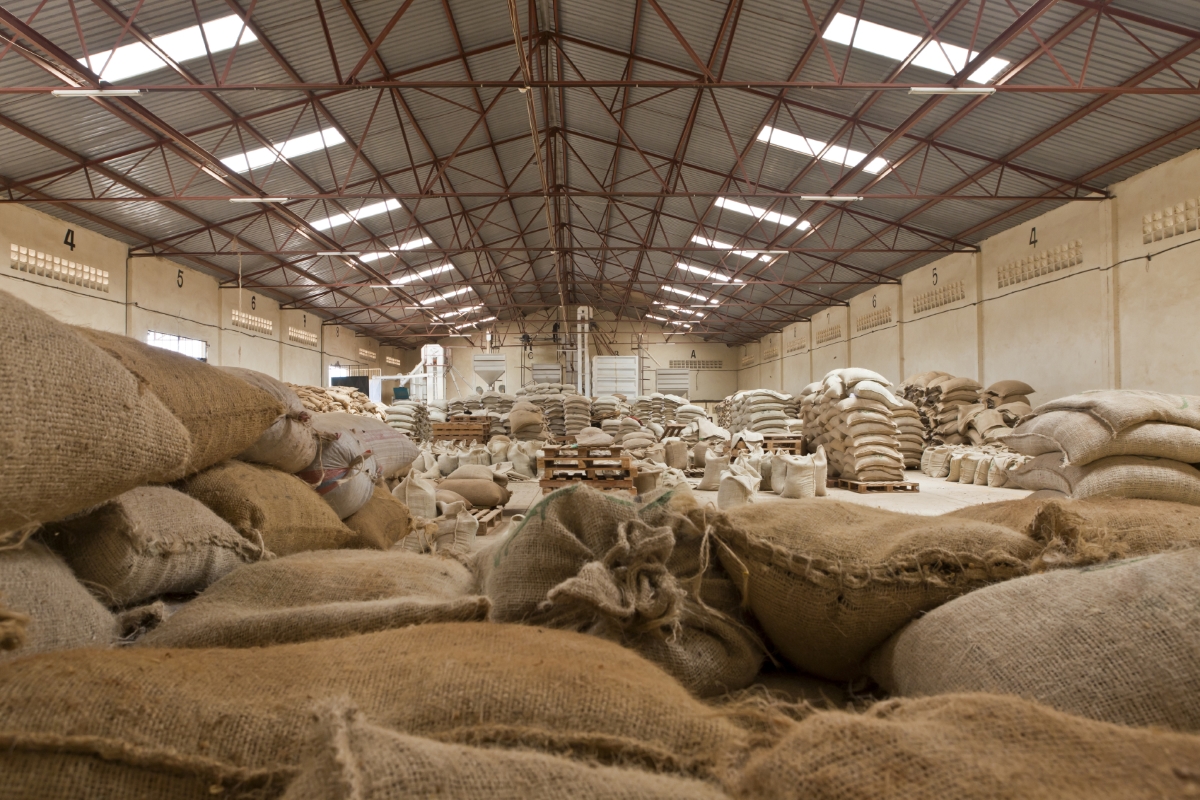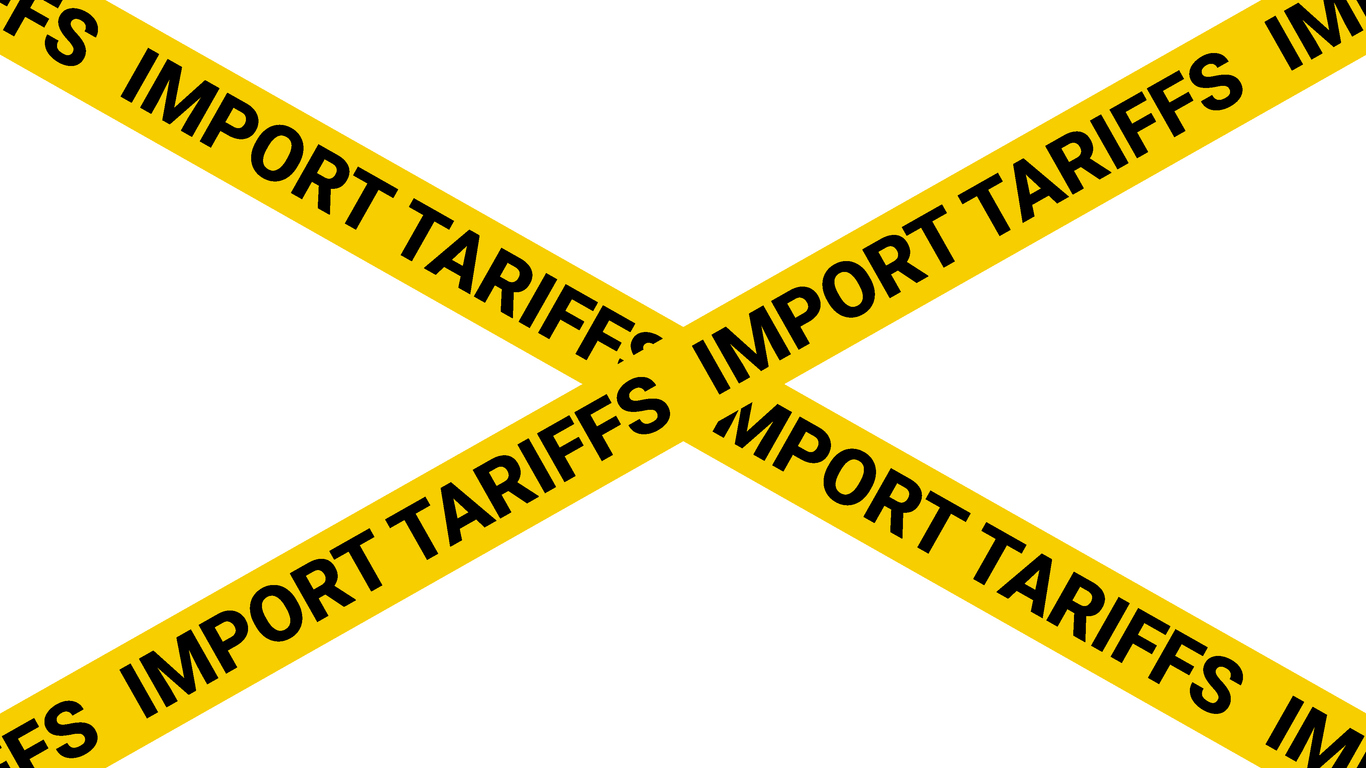Shipping Commodities Across The Middle East To Africa: What You Need To Know
Shipping Commodities Across The Middle East To Africa: What You Need To Know
The Middle East and Africa are two of the fastest growing regions for global trade. However, business conditions can be challenging in the Middle East and Africa because of their complex regulations, fragmented markets, and high transport costs. Reducing these barriers to entry is a priority for manufacturers in these regions. As a result, many businesses are using products like shipping containers to commodify the shipment of goods across the region. In this blog post, we’ll explain why this is a particularly useful strategy in the Middle East and Africa, as well as highlight some additional considerations if you’re interested in pursuing this option yourself.
What is the cost of shipping goods across the Middle East and Africa?
Shipping costs depend on a number of variables, including the size of the goods, distance traveled, and the type of transport used (air, sea, or road). For example, if you’re shipping small, lightweight goods by air, you can expect to pay a much higher rate than goods that are shipped by sea. Likewise, if you’re transporting goods that are non- perishable and can be shipped by sea, your costs will be lower than goods that need to be shipped by air. Still, even if you account for all of these variables, it is difficult to estimate shipping costs for the Middle East and Africa because of the high unpredictability associated with the region’s complex regulatory and trade landscape. As a result, many companies avoid shipping to the region altogether.
Why transport your goods by container?
Shipping containers are an efficient and cost-effective way to move large volumes of goods from point A to point B. More importantly, they are almost always cheaper than other options when you are shipping across borders. Furthermore, they also have a number of distinct advantages over air and sea transport in the Middle East and Africa: – Containerized transportation is more flexible than air and sea transport. This means that you can change your route and even select the port of departure without incurring additional expenses. – The investment cost of moving goods by containers is lower than air and sea transport. – You can use containers to transport goods that are difficult to move by air or sea.
Which ports should you use to ship to Africa from the Middle East?
There are several Middle East ports that are well-positioned to serve Africa. The table below outlines the key advantages of each port: Dubai is the largest port in the region, and it is well-positioned to move goods to East and West Africa. However, the Dubai port has seen congestion increase significantly in recent years, so capacity needs to be monitored closely. Dubai’s Jebel Ali port is the largest container port on the Arabian Peninsula, with more than 50 million TEUs handled per year. Dubai’s strengths include its extensive road and rail infrastructure, as well as its proximity to the major shipping lanes that connect East and West Africa with the rest of the world. Dubai’s weaknesses include its complex regulatory environment, as well as the cost of hiring a terminal.
Other considerations for shipping containers in the Middle East and Africa
– Select vessels with care – You should only ship your goods via vessels that are deemed fit for purpose by the regulatory body of your chosen destination. – Follow regulations and communicate with your customer – You should be aware of the regulations in the ports that you select to ship your goods. Moreover, if you are shipping to a FOB customer, you should communicate your shipment plans with your customer. – Be aware of the risks – Shipping containers are generally secure, but you should be mindful of the potential for theft or tampering. – Find the right shipper – You can use a customs-broker to facilitate your shipment, but you should ensure that they are licensed to operate in the ports that you select. Alternatively, you can hire a freight forwarding company to manage your shipments.
Wrapping up
Shipping containers are a cost-effective way to move large volumes of goods across borders. They are almost always cheaper than other options when you are shipping across the Middle East and Africa. There are several Middle East ports that are well-positioned to serve Africa. The Dubai port is the largest port in the region and is well-positioned to move goods to East and West Africa. If you are interested in shipping containers to Africa from the Middle East, you should be aware of the advantages, such as the lower cost, flexibility, and larger volume than other transport options. If you are ready to begin shipping your goods across the Middle East and Africa, you can start by contacting your freight forwarder or customs broker.








LEAVE A COMMENT
You must be logged in to post a comment.